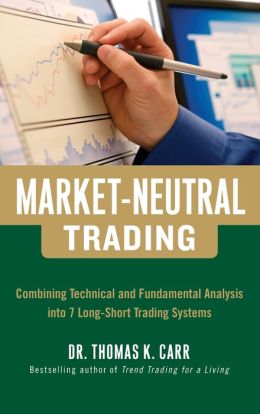Archives of “January 12, 2019” day
rssIntuition
I have this interesting article I found. This is something we normally discuss in the 3-day live class. Read this real quick and as soon as your done, sit back and realize what just happened.
I cdnuolt blveiee that I cluod aulaclty uesdnatnrd what I was rdgnieg!
THE PHAOMNNEAL PWEOR OF THE HMUAN MNID
Aoccdrnig to a rseearch at Cmabrigde Uinervtisy, it deosn’t mttaer
in what oredr the ltteers in a word are, the olny iprmoatnt tihng is
Tahtthe frist and lsat ltteer be in the rghit pclae. The rset can be a
taotl mses and you can still raed it wouthit a porbelm. This is
Bcuseae the huamn mnid deos not raed ervey lteter by istlef, but
The word as a wlohe.
Amzanig huh?
Now I’m tinkihng aobut all the tmie I wtsead in sochol
lrenanig how to slpel……
What were you just reading? Nothing. Those were not words, they were letters mixed together that spelled absolutely nothing. Somehow each of us were able to create something out of nothing!? (more…)
Historic Stock Market Returns

Thought For A Day

"To rid yourself of selfishness and entitlement, try keeping a gratitude journal,"

Is It True: The Dangers of the Double-Dip
As Super Bowl fans gather around the TV and the chip bowl, some will probably be guilty of double-dipping those chips. In this latest “Is It True” segment, WSJ’s Christina Tsuei finds out whether double-dipping is really such a health hazard.
Trading is like smoking a cigar. Lighter in the beginning and richer at the end…

Technically Yours/ASR TEAM/BARODA
You will never be a profitable trader without -These 5 POINTS
A guide to candlestick patterns — use it within the context of the markets

Market-Neutral Trading-Thomas Carr (Book Review )

Carr is an excellent marketer which, as might be expected, is the downside of this book. Without the tools that he sells, the reader cannot implement all of the book’s strategies. He may not even gain the confidence to trade any of them since Carr admits that “blindly following a set of systems” doesn’t work. When real money was on the line, he traded “in a very detached, mechanical fashion” and lost a lot of money—both in his own account and in a small fund for clients. By contrast, he made a lot of virtual money for the subscribers of his newsletters. The difference (aside from the obvious real vs. paper money distinction) was that he added discretion when making calls for his newsletters. He applied “God-given skills of discretionary analysis, skills that [had] been honed by years of apprenticeship under some of the great masters of the game, in addition to a long slog of real-time, real-money trading experience.” (p. 131) How does a trader learn the discretion that is necessary to make trading systems profitable? “You need to find a mentor who already has it and sit by their side for a while.” (p. 134) Yes, Carr is also a mentor.
Now that you know that, without a further outlay of funds to Carr, you won’t be able to trade all of the systems described in this book and that, even if you can trade them all, you will still lose money if you don’t overlay them with a large dose of discretion (gained only by spending still more money), what does this book have to offer? (more…)

